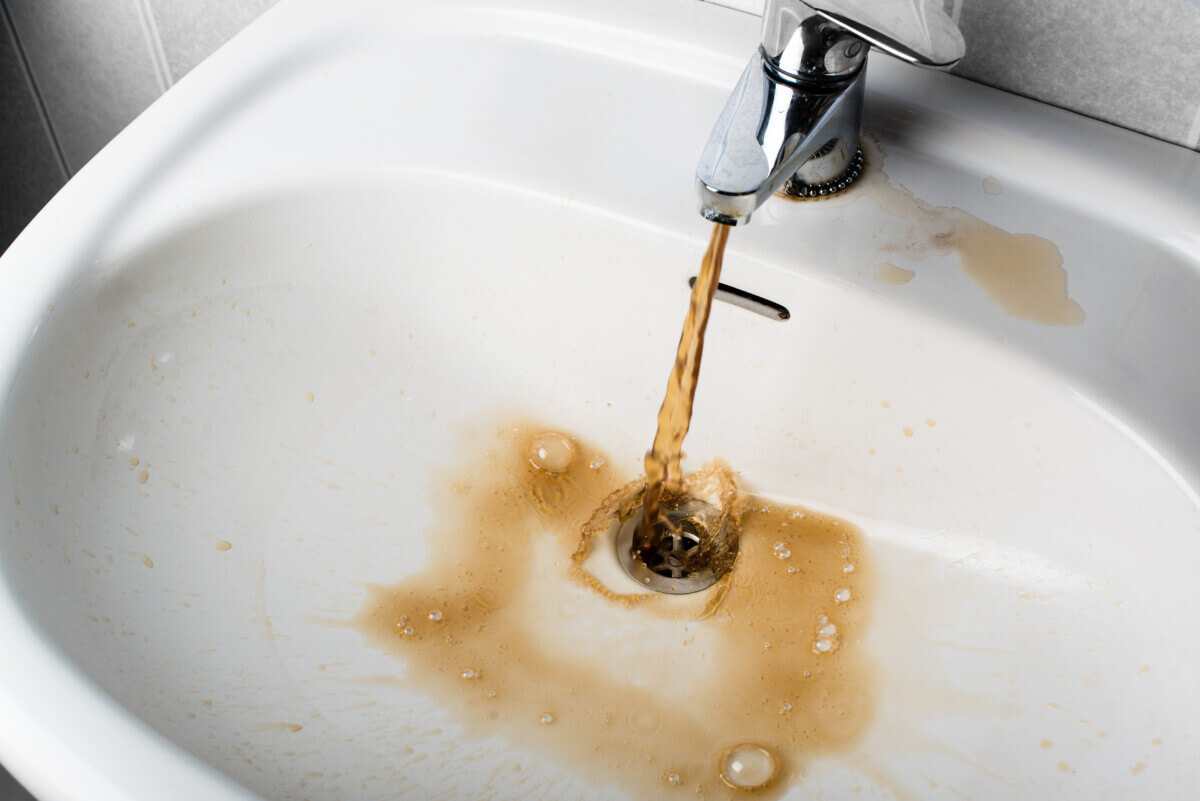
(Credit: KariDesign/Shutterstock)
UTRECHT, Netherlands — Clean water is essential for the survival of all people on Earth. Unfortunately, not everyone has access to clean water, and many more don't even have access to any water at all. Now, a new study is warning that this crisis could soon get much worse.
Researchers at Utrecht University note that roughly 55 percent of the global population currently lives in regions that lack clean water for at least one month per year. Their projections find that this number will soon rise to 66 percent by the year 2100. Simply put, as conditions worsen around the globe, two in three people won't have a dependable source of water all year long.
What's driving these life-threatening changes? According to the study published in Nature Climate Change, socioeconomic and current climate trends will continue to make life harder for people, especially in the Southern Hemisphere.
“Climate change and socioeconomic developments have multi-faceted impacts on the availability and quality of, and demands for, water resources in the future,” says lead author Dr. Edward Jones in a media release. “Changes in these three aspects are crucial for evaluating future water scarcity.”
The team's state-of-the-art water quantity and quality model projects that global water scarcity will continue to increase throughout the 21st century. However, these changes won't occur evenly throughout the world. In Western Europe and North America, water scarcity will likely make things harder for people a few months per year. In developing countries, however, the problem will likely affect more people over a longer period of time each year, according to the team's projections.
“Increases in future exposure are largest in the Global South. These are typically driven by a combination of rapid population and economic growth, climate change and deteriorating water quality,” Jones explains.

Although it may sound strange, quality has become a forgotten factor in recent fears about water availability. Dr. Jones explains that many studies on water scarcity only focus on the amount of drinking water people have available to them — not the actual quality of that water.
“Previous assessments still predominantly focus on water quantity aspects only,” Jones notes. “Yet, the safe use of water also depends on the quality.”
Here are just a few of the dangerous consequences of drinking dirty water:
- Waterborne Diseases: Dirty water can contain pathogens such as bacteria, viruses, and parasites, leading to diseases like cholera, typhoid fever, and giardiasis.
- Diarrheal Diseases: Contaminated water is a leading cause of diarrhea, which can be particularly dangerous for children and the elderly, leading to severe dehydration and even death.
- Hepatitis A: This liver infection is caused by a virus that can be transmitted through contaminated water.
- Intestinal Parasites: Water that has not been properly treated can host parasites, such as hookworms and roundworms, which can cause a range of gastrointestinal problems.
- Chemical Poisoning: Dirty water may also contain toxic chemicals from industrial waste, agricultural runoff, or natural sources, leading to acute poisoning or long-term health issues like cancer and organ damage.
“The lack of clean water presents a systemic risk to both humans and ecosystems, which is becoming increasingly difficult to ignore. Our work highlights that, alongside substantially reducing our water demands, we must place an equally strong focus on eliminating water pollution in order to turn the tide on the global water crisis,” Jones concludes.










